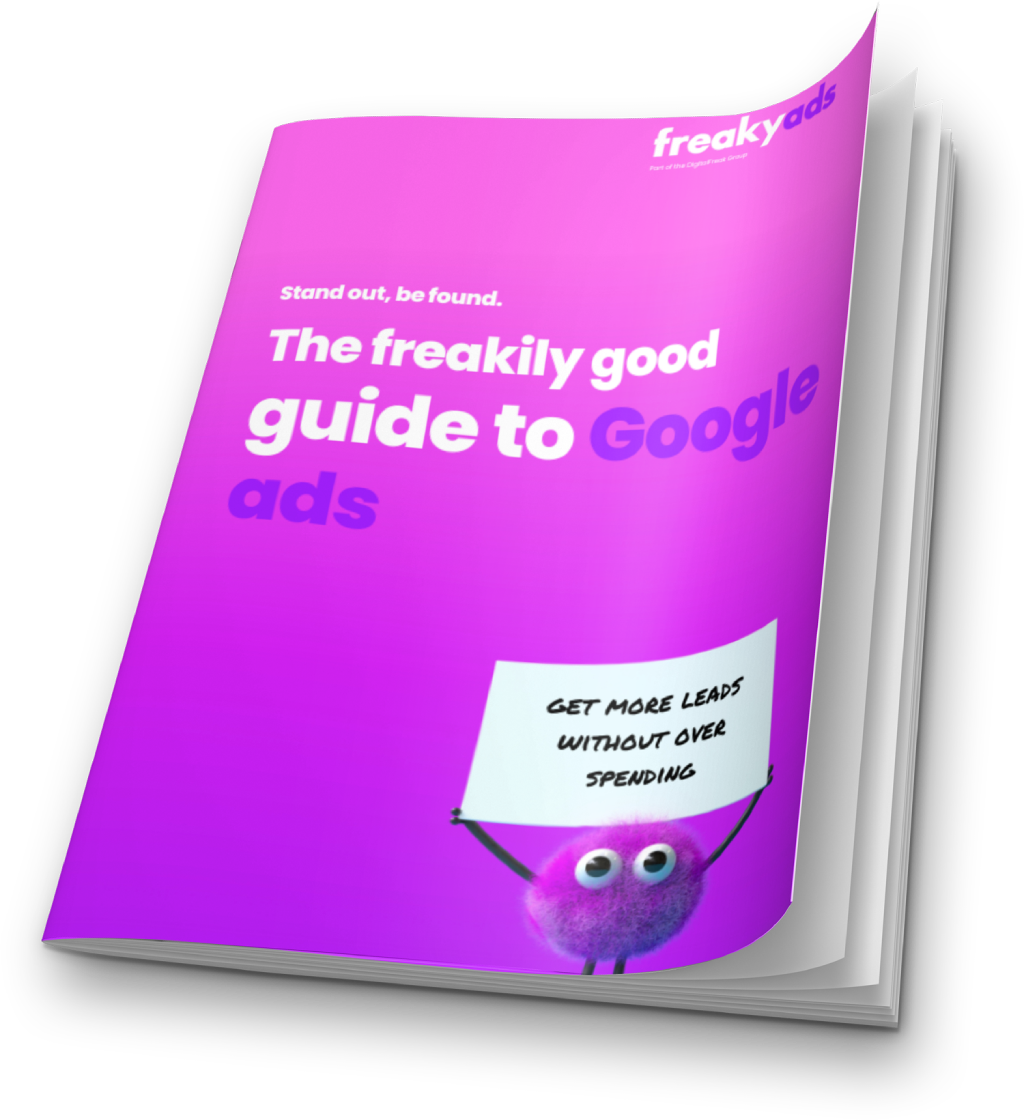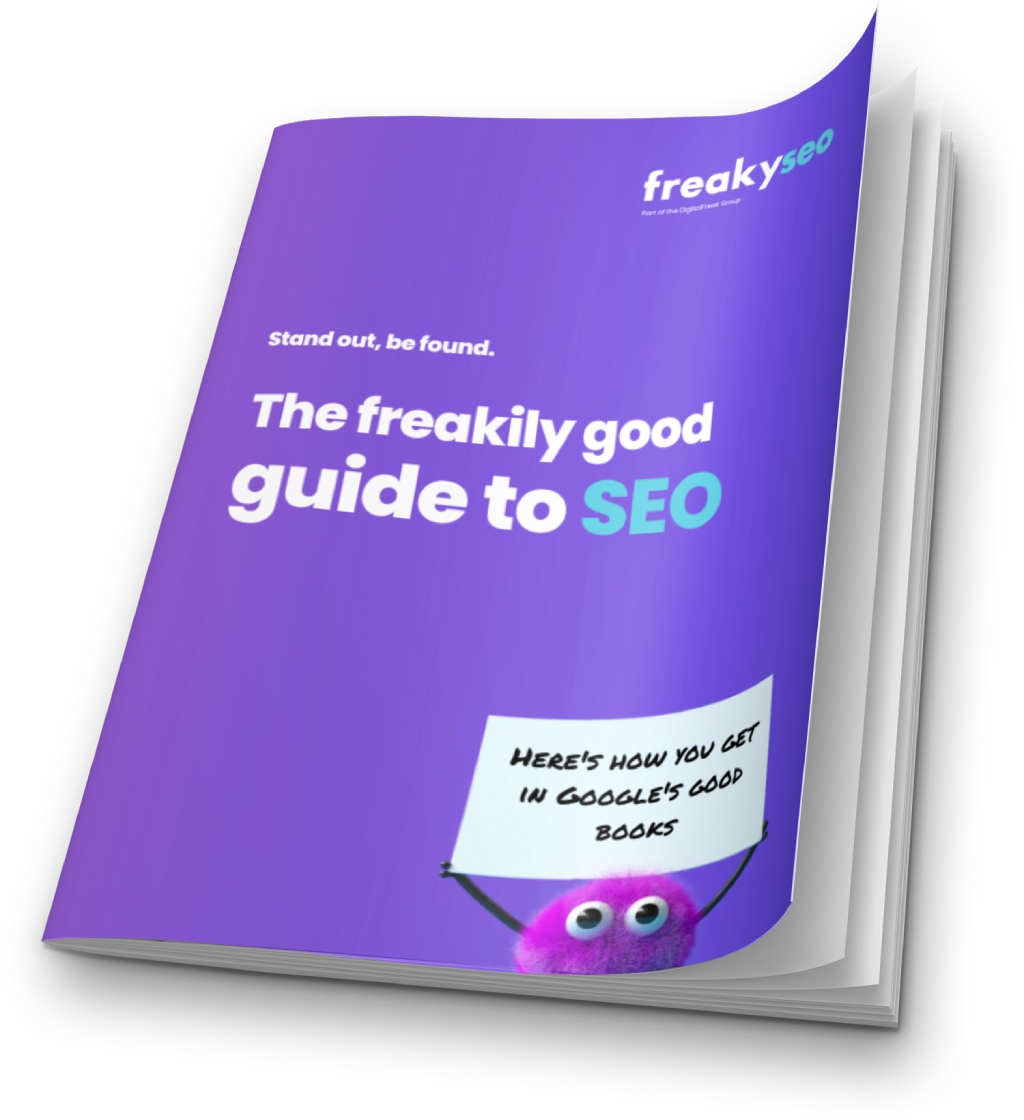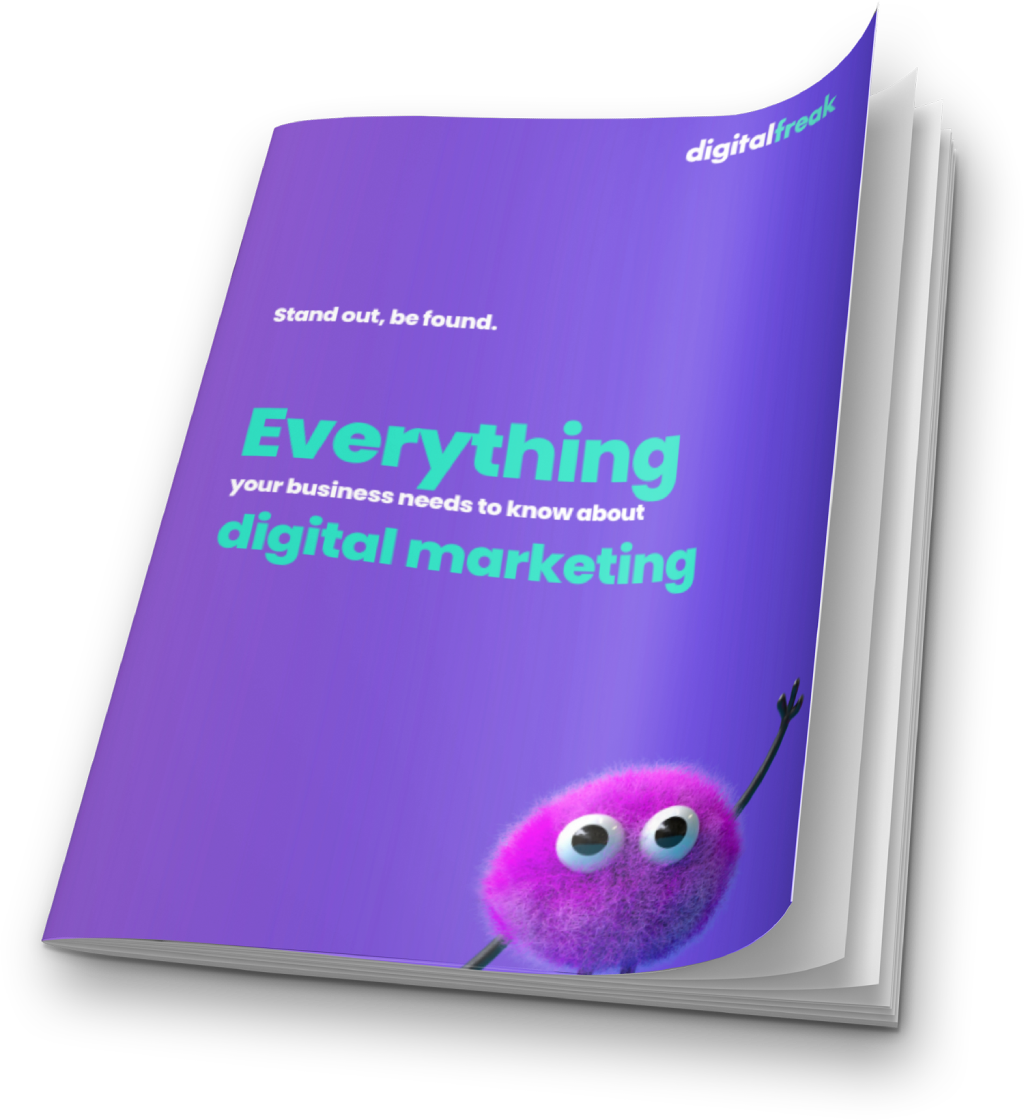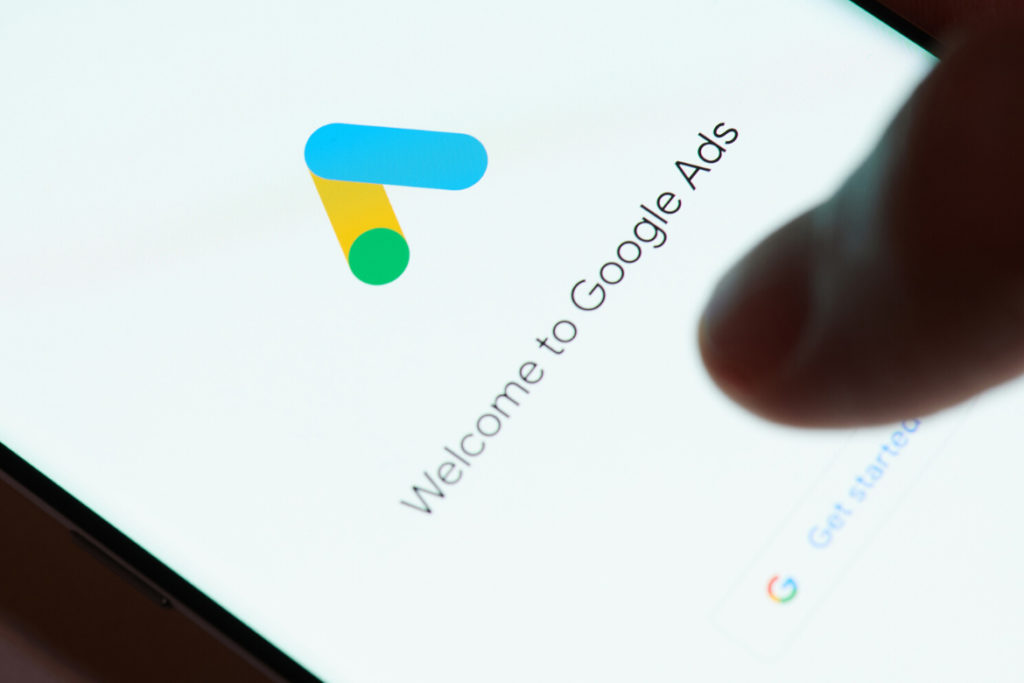Firstly, it’s important to note that every business needs to be selective about certain elements of their digital marketing strategy. It’s not cost-effective or practical to try and do everything at once.With that in mind, many businesses end up confused by a lot of similar-sounding options for their online advertising strategy, feeling a little lost and wondering which offers the better ROI.
Because Facebook ads and Google ads are two of the most dominant online advertising options, it’s common for clients to ask which one is better. The question is understandable. You have a limited budget for ad spend and you want to see results, but there are arguments for and against both options. In this article, our Melbourne digital marketing team will deliver some clarity in this debate.
Google Ads – What They Are, Their Pros and Cons
Google is the undisputed search engine giant of our time, the tech we turn to when we want to find out absolutely anything under the sun, from who the voice actor is for Elsa (it’s Ida Menzel) or where to get the best pizza in your neighbourhood with the least amount of effort (that one you’ll have to check out yourself!). According to Ardor, there are two trillion searches per day on the platform, by almost half the world’s population and, as a result, it’s no surprise that Google introduced online advertising on its platform. That’s what powers Google – its ad revenue.
So, how do Google Ads work? It’s a pay-per-click advertising platform, so clients only pay for the ad for each time that it is clicked on by a user. These ads are marked as “Ad” or “Sponsored” in Google search results, either above or to the right of the organic SEO listings. You can design and tailor your ad using targeted keywords and characteristics of your target audience, as well as by filtering according to parameters like location, time of day, and so on.
The advantages of Google ads are pretty extensive. People turn to Google with the intent to buy a product or solve an issue, so they’re already primed to act on your ad. Your ads can cover several different types of online advertising, from search and display ads to video and app ads. These ads allow you to target very specific audiences, so you’re geared for getting quality leads, and they’re easy to set up and initiate budget limits, so you don’t have to worry about unexpected high expenses.
There are drawbacks to consider, however. Although it’s easy to set up Google Ads for your business, it’s also easy for unguided choices to deliver poor returns. Without expert guidance on creating search engine ads, many businesses find they get an unsatisfactory ROI on these ads because they didn’t have the online advertising know-how guiding their choice of keywords, target audience and other factors.
It can also get expensive quickly if you’re in a very competitive industry. For example, if lots of businesses are using the same keywords, the price of those keywords increases. For large organisations, cost may not be an important factor, but smaller businesses can often find themselves having to choose between primary and secondary keywords to stay within budget.
This is where an online advertising team is invaluable. With a little consultation and planning, we can develop a strategy that delivers the best ROI for your budget by guiding keyword, spend and target audience selections, as well as refining your ads throughout your campaign.
Facebook Ads – What They Are, Their Pros and Cons
Facebook ads are hosted on the social media platform and have become arguably the most popular and powerful social advertising tool on the market. Over the years, Facebook has transformed from a platform for catching up with friends to a business-friendly platform that makes engagement, advertising and selling simple and effective.
With 2.45 billion users worldwide active on the platform each month according to Statista, businesses have direct access to a huge portion of their target market. While Facebook doesn’t have the astonishing numbers that Google does, it has a distinct advantage in that it knows consumer behaviour inside out. Facebook knows a huge amount about account holders from their likes and dislikes to their location, favourite foods and clothing brands, favourite TV shows and movies, holiday destinations – even their race, income and family data. This exceptional data-gathering is one of the reasons why the platform accounted for 25% of all online ad spend in 2019 alone – rivalling Google.
The advantages of Facebook ads closely link to the data they collect, which allows businesses to target very specific consumer audiences, which translates into high conversions and leads. You can also engage directly with consumers on your advertisement, responding to comments and queries for immediate, effective customer service. You’re also allowed to post a wide range of advertising content like images and video, and they’re easy to set up and generally much more affordable than Google ads.
No tool is without its drawbacks, and Facebook ads do have a few. Without online advertising guidance, Facebook ads can still be costly and fail to deliver the ROI that they should. Your ads are only viewable on Facebook or its affiliates (Instagram and WhatsApp, for example), so Google ads have a much wider reach, and you don’t get much in the way of organic views because they are so specific. Another problem with such specific targeting is that getting small details in the setup wrong can mean your ads miss out on reaching quality leads.
So, Which Platform is Better for Online Advertising?
Both platforms offer powerful online advertising tools and it’s more a question of which better suits your brand and your goals rather than which one is the better tool.
Essentially, Google is great if you want the widest exposure and are willing to spend. It is great for taking advantage of your SEO strategy to get the most out of your ad campaign. Facebook is better if you have a Facebook page or Facebook ecommerce page and you’re a smaller business on a budget. If you take the time to really get to know your target audience and get creative with images and video, it’s a really rewarding platform. And for other brands, it’s most effective if you do a bit of both – combining the reach of Google with the engagement and creativity of Facebook.
If you’d like to find out how to build a strategic online advertising campaign that’s going to deliver the best ROI for your brand, our digital marketing agency is ready to help. Contact us today and find out how our online advertising team in Melbourne can make your strategy engaging, powerful and rewarding.

Written by
Murtaza Rangwala - PPC Specialist
I’m all about making your online ads pay. As a PPC pro, I spend my days and nights creating, optimising, and analysing client strategies so they deliver the clicks. With a mix of creative and analytical strategies, I’ll make sure your campaigns land your business the top spot – and that customers see you first.














